
Is Oral Cancer a Result of Ignoring Symptoms? 6 Warning Signs You Shouldn’t Overlook
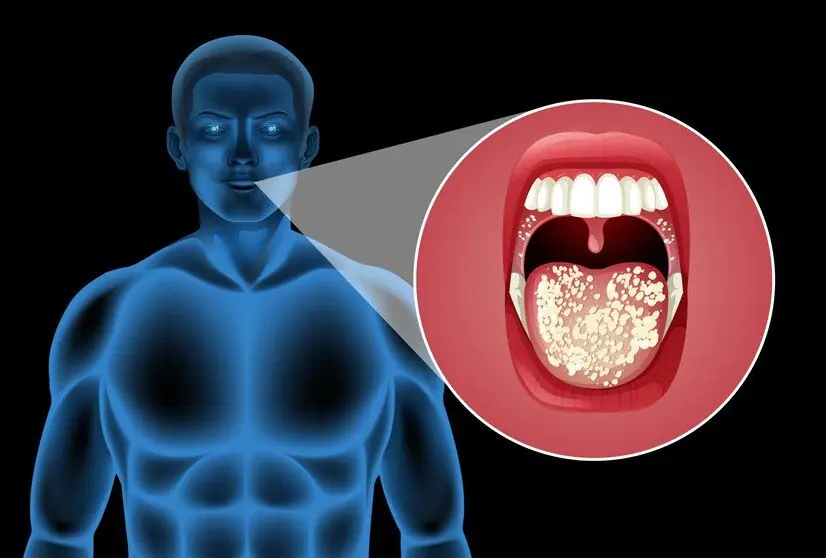
Have you ever dismissed bleeding gums as nothing more than a minor irritation? Do you frequently suffer from mouth ulcers but assume they’ll go away on their own? Have you ever felt embarrassed about persistent bad breath but never investigated the cause? These seemingly insignificant oral health issues could actually be early warning signs of oral cancer.
Take Mr. Zhang, for example. He ignored his bleeding gums for years, assuming they were just caused by brushing too hard or a temporary irritation. By the time he experienced severe pain and noticed a lump in his mouth, he finally went to the hospital—only to be diagnosed with oral cancer. The news was a devastating shock to his family, who regretted not taking his symptoms more seriously earlier.
Oral cancer may seem like a rare and distant threat, but in reality, it can silently develop within our everyday lives. Ignoring symptoms won’t make them go away—in fact, neglecting these warning signs may allow the disease to worsen. That’s why it’s crucial to take oral health seriously, recognize the early symptoms of oral cancer, and seek medical attention as soon as possible.
Today, let’s uncover the hidden dangers behind common oral health issues and the potential warning signs of oral cancer. Don’t let your habit of enduring pain become a silent accomplice to this deadly disease!
The Deadly Connection Between Oral Cancer and Ignoring Symptoms
When it comes to oral health, many people adopt a "just bear with it" mentality. Bleeding gums? It’ll pass. Mouth ulcers? They’ll heal in a few days. However, this tendency to endure and ignore minor issues often gives oral cancer the perfect opportunity to develop.
Oral cancer does not appear overnight. It typically results from long-term chronic inflammation, poor oral hygiene, and unhealthy lifestyle habits. When symptoms like bleeding gums, persistent ulcers, or unusual lumps appear, your body is sending you a warning. Choosing to ignore these signs is like giving the disease a free pass to progress further—until it becomes a much more serious problem.
6 Warning Signs You Should Never Ignore
1. Bleeding Gums – Not Just a Minor Issue
Bleeding gums may be an early sign of gingivitis or periodontitis, which, if left untreated, could increase the risk of oral cancer. If your gums frequently bleed and do not stop easily, seek professional dental care to rule out serious conditions.
2. Persistent Mouth Ulcers – A Possible Cancer Warning
Mouth ulcers are common, but they usually heal within 7-10 days. If you have an ulcer that lasts for weeks, recurs frequently, or does not heal properly, it could be an early indicator of oral cancer and should be examined by a specialist.
3. Chronic Bad Breath – A Possible Cancerous Signal
If you experience persistent bad breath that does not improve with brushing, mouthwash, or flossing, it could be due to cancerous cells producing toxic gases. If the problem persists, a medical examination is highly recommended.
4. Dry Mouth – A Sign of Salivary Gland Damage
A continuously dry mouth that is not relieved by drinking water may indicate salivary gland dysfunction, which can be linked to oral cancer. If dryness persists, consult a doctor to investigate the underlying cause.
5. Loose Teeth – Falling Out Without Trauma
If your teeth become loose and fall out quickly without any external impact, it may indicate damage to the tissues supporting your teeth. In some cases, this could be a sign of oral cancer weakening the surrounding structures.
6. Unexplained Lumps in the Mouth – A Major Red Flag
If you notice a lump in your mouth that does not go away, it could be one of the most obvious warning signs of oral cancer. Seeking immediate medical attention can prevent the condition from worsening and increase the chances of successful treatment.
How to Protect Yourself from Oral Cancer
Preventing oral cancer requires a proactive approach to maintaining oral health. Here are three essential steps to reduce your risk:
1. Maintain Good Oral Hygiene
Brush your teeth twice a day, use dental floss and mouthwash, and visit your dentist regularly. Keeping your mouth clean helps prevent bacterial buildup and reduces inflammation, which can lower the risk of developing oral cancer.
2. Quit Smoking and Limit Alcohol Consumption
Tobacco and alcohol are two of the leading causes of oral cancer. Quitting smoking, reducing alcohol intake, and avoiding harmful habits like chewing betel nuts can significantly decrease your risk.
3. Get Regular Oral Checkups
Routine dental and medical checkups are crucial for the early detection of oral cancer. Regular screenings can identify abnormal growths or precancerous conditions, allowing for early intervention and a higher chance of successful treatment.
Final Thoughts: Don’t Ignore the Signs!
Oral health should never be taken lightly. If you notice any persistent oral issues, don’t choose to endure—seek medical advice immediately. Early detection and treatment can make all the difference in preventing oral cancer and protecting your health.
By staying proactive and attentive to oral health, you can reduce your risk and enjoy a healthier, cancer-free life. Take action today! 🚀
News in the same category


If Your Kidneys Are in Danger, Your Body Will Send You These 8 Signals — Don’t Ignore Them

The Surprising Effects of Avocado on Your Heart and Brain
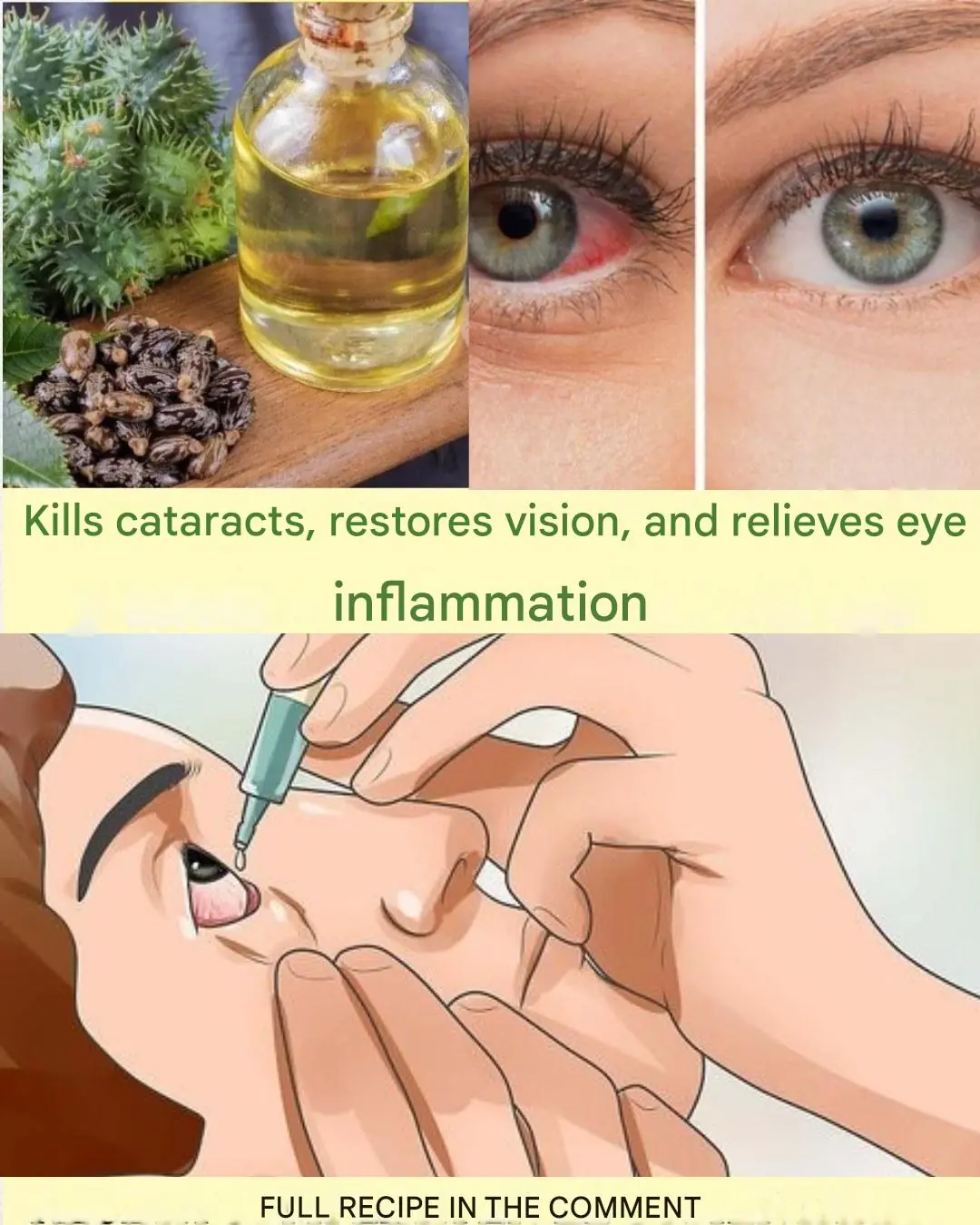
Natural Remedy for Cataracts and Eye Inflammation: Restore Your Vision Naturally

Unlock the Golden Magic of Corn Silk Tea
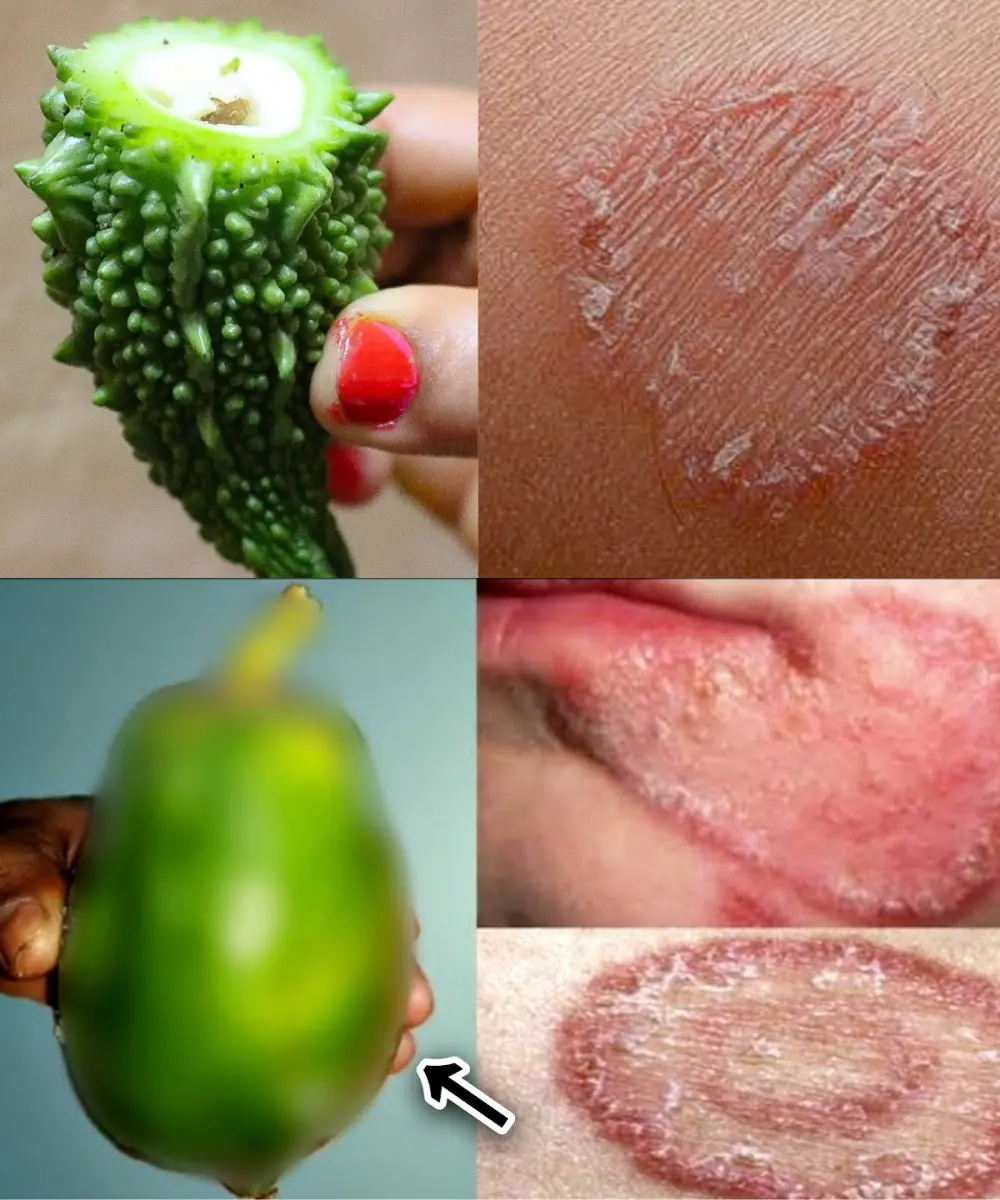
9 Powerful Home Remedies to Get Rid of Fungal Infection (Daad, Khaj, Khujli) Fast

7 Shocking Health Benefits Of Eating Sweet Potatoes Every Day — According To Science

About 15 Minutes Before a Stroke, the Body Often Sends 4 Clear Warning Signs — Call Your Loved Ones Immediately
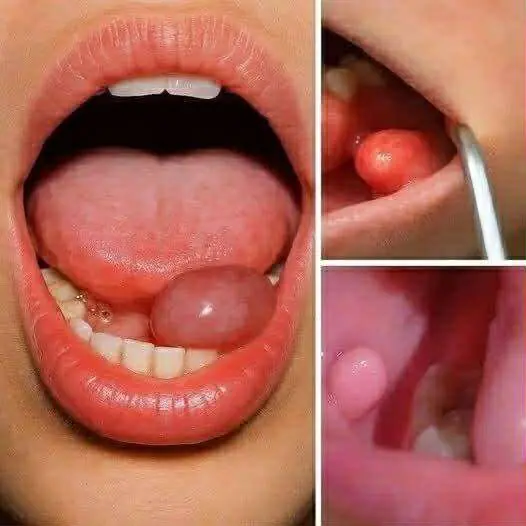
Hidden Dangers in Your Mouth: Early Signs of Oral Cancer

The Secret Power Of The Herb That Helps You Age Gracefully

The Unexpected Benefits of Eating Chicken Feet
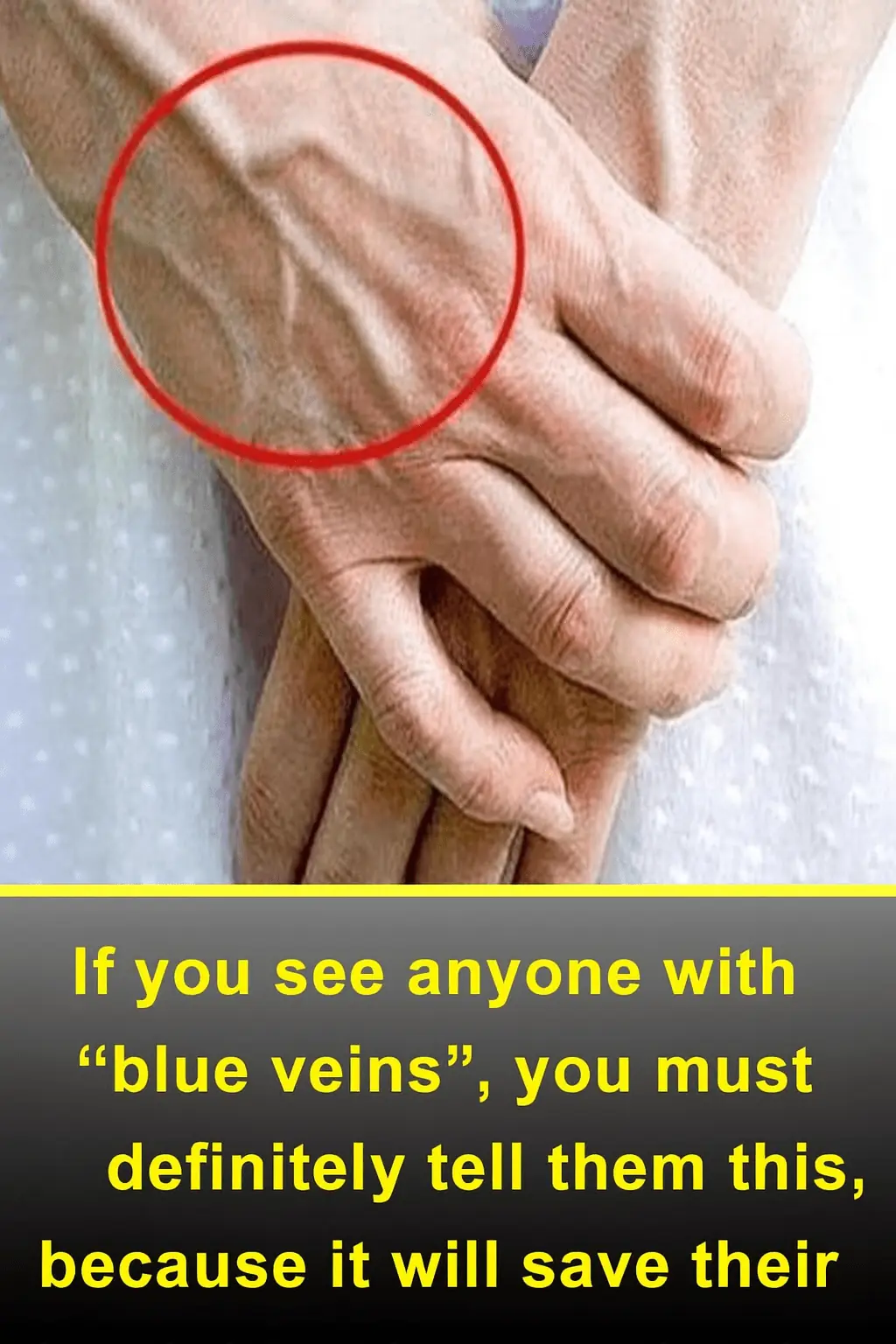
If You See Someone with “Blue Veins,” Tell Them This — It Could Save Their Life

The Secret Power of Two Eggs a Day: Could This Simple Habit Transform Your Health? Buy vitamins and supplements

Man Passed Away After Eating Eggs — Stop Eating Eggs This Way Immediately
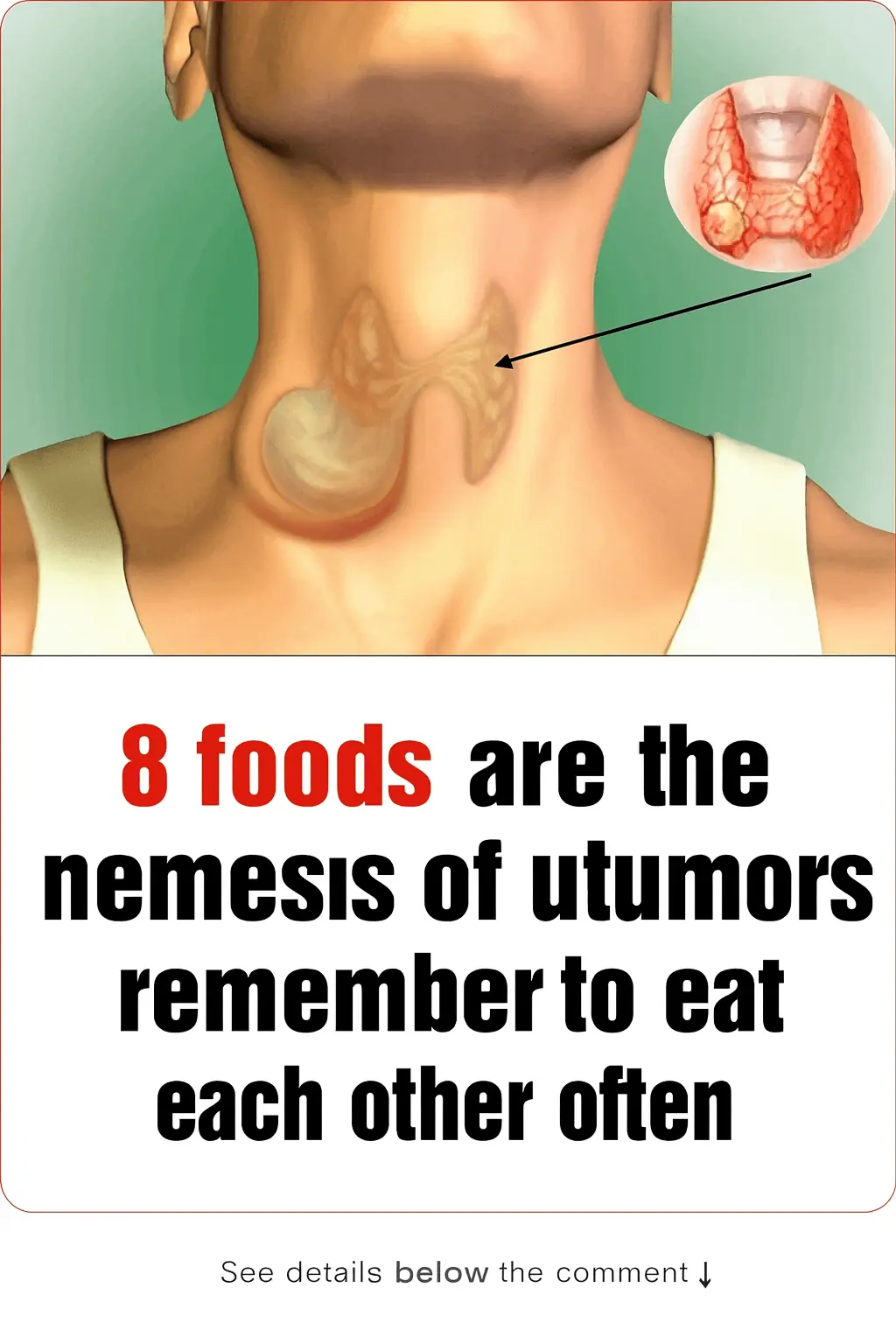
8 Foods That Fight Tumors — Eat Them Regularly

Does Eating Bananas Before Bed Have Any Benefits?

The Tongue as a Health Indicator: Meaning of a Whitish Color

Benefits of Boiled Eggs: Nutrition and Healthy Recipes
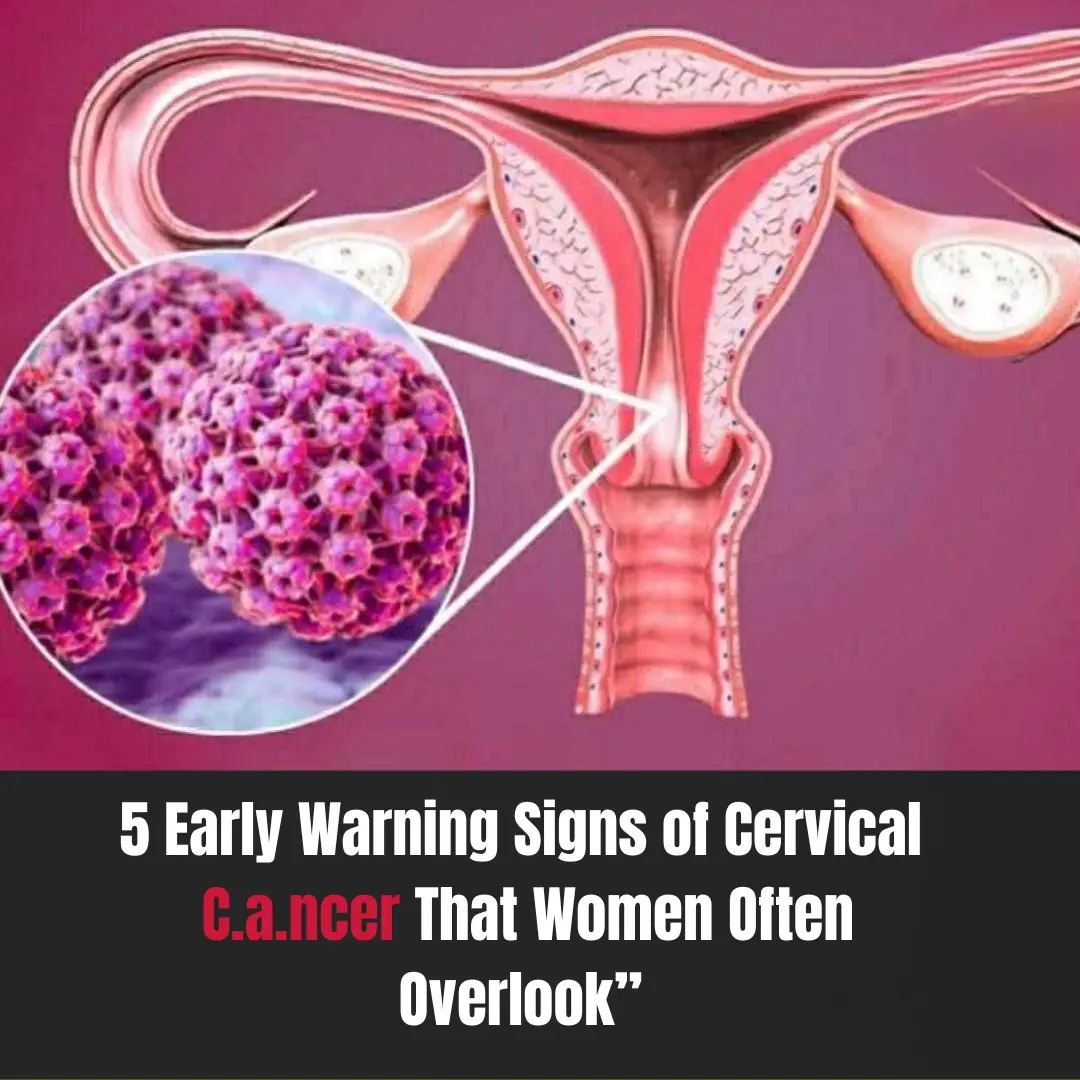
5 early warning signs of cervical cancer
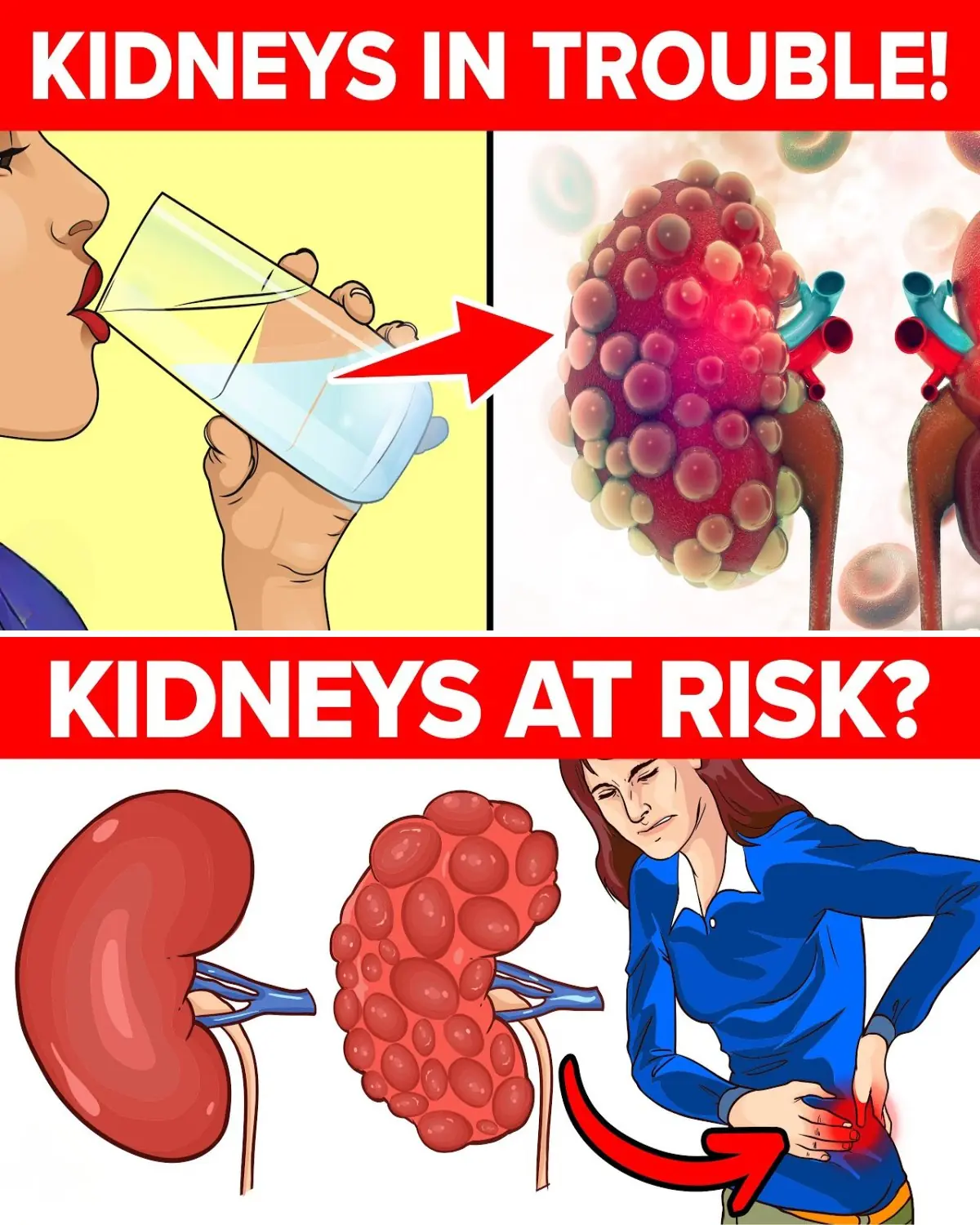
7 Innocent Mistakes That Get Your Kidneys in Big Trouble
News Post

WHAT HAPPENS WHEN WE TONGUE KISS…See more

Nature’s Secret: 4 Healing Leaves That Support Metabolism, Immunity & Circulation Naturally

Don’t Drink Coconut Water Before You Know These 11 Secrets!

Pumpkin Seed Milk — The Natural Parasite Cleanser

Fast Rice Water Trick for a Brighter Smile

Morning Drink to Revive Your Kidneys Fast

The Onion Recipe That Could Transform Your Blood Sugar, Support Cleaner Arteries, and Protect Your Heart!

Top 4 Fruits That Help Your Kidneys Flush Out Toxins While You Sleep

Ginger, Clove, and Honey: The Natural Trio Your Body Will Thank You For

Heal 15 Years of Joint Pain Naturally with Turmeric and Honey Tea

This Juice Revived My Grandma’s Energy — Say Goodbye to Fatigue and Body Pain with This Natural Recipe

The Benefits of Eating 2 Boiled Eggs Every Morning: Transform Your Health!

If Your Kidneys Are in Danger, Your Body Will Send You These 8 Signals — Don’t Ignore Them

The Surprising Effects of Avocado on Your Heart and Brain

Ways to Get Over a Man Who Didn’t Value You

I’m 66 but Look 36 — My Secret? Aloe Vera & Ginger for Firm, Smooth Skin

How to Make Okra Water to Treat 17 Health Problems Naturally

Banana and Egg Mask to Look Younger Even in Your 80s

Scent Leaf Secrets Unveiled: 10 Surprising Health Benefits of This Miracle Herb
